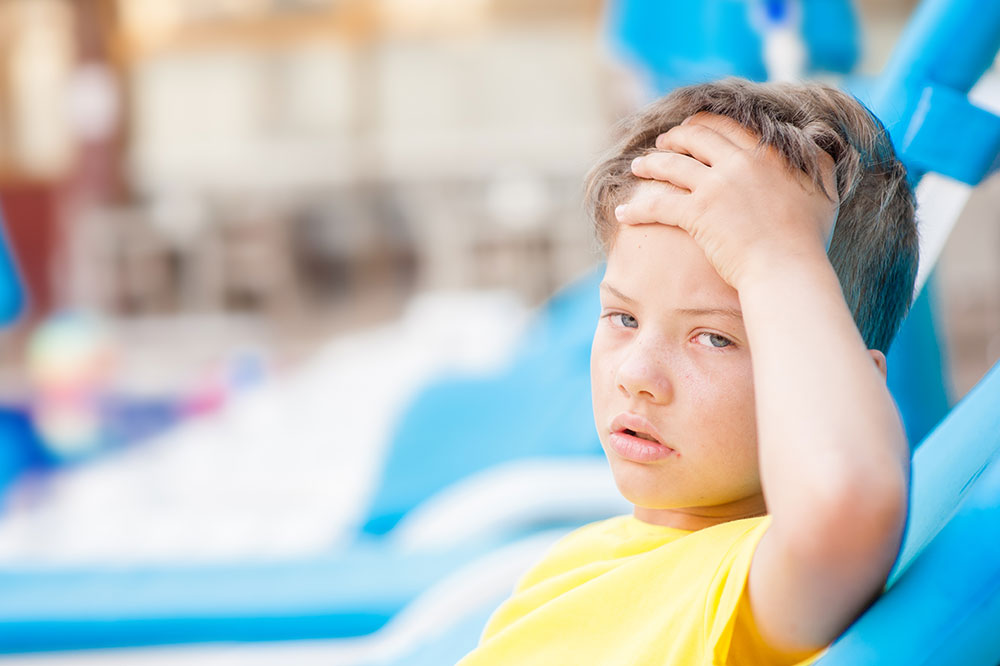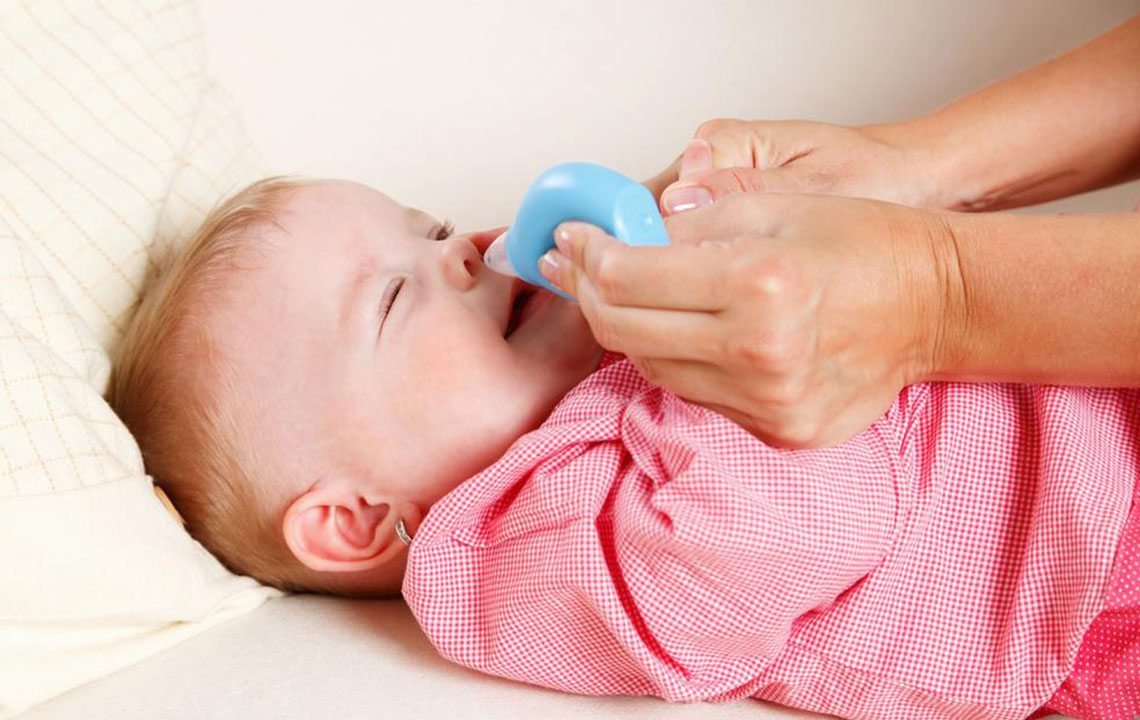Recognizing Dehydration Signs in Children: 3 Key Symptoms
This article outlines three primary signs of dehydration in children: dry mouth, dry or itchy eyes, and behavioral changes. Recognizing these early symptoms is essential for prompt intervention. Symptoms like sunken eyes, dry mucous membranes, and decreased urination indicate severe dehydration, requiring immediate medical attention. Proper hydration with water and electrolytes can prevent complications and promote recovery. Parents should monitor their child's hydration status and seek professional advice if symptoms arise to ensure their child's health and safety.
Sponsored

Dehydration occurs when the body loses more fluids than it takes in, affecting individuals of all ages, including infants, children, adults, and seniors. The severity of symptoms varies based on fluid loss and rehydration efforts. Young children and babies are especially vulnerable due to various underlying factors.
Here, we highlight three common visual clues to identify dehydration early. Prompt diagnosis allows for immediate action by consulting your healthcare provider. Take note of these warning signs:
Dry Mouth
Saliva naturally moistens and cleanses the mouth, aiding digestion and preventing infections. Signs in children include chapped lips and a dry mouth. Mild dehydration can be managed by ensuring adequate water intake and replenishing electrolytes after activity. Consult your pediatrician about safe electrolyte solutions like Pedialyte.
Dry or Itchy Eyes
If a crying child produces little or no tears, it indicates dehydration affecting tear production. Sunken eyes are another sign of decreased fluid levels, leading to dryness and discomfort. These visible cues require prompt medical attention.
Other Visible Symptoms
If a child hasn't urinated in over 8 hours or has sticky, dry mucous membranes, dehydration may be severe. Monitoring hydration status is crucial to prevent complications and ensure proper body functions.
Behavioral Changes
Dehydration can also influence a child’s mood and activity levels. Increased fussiness or lethargy despite minimal activity can be signs of fluid deficiency. Adequate hydration supports optimal blood circulation and metabolic function, so noticing these behavioral shifts warrants medical evaluation.






